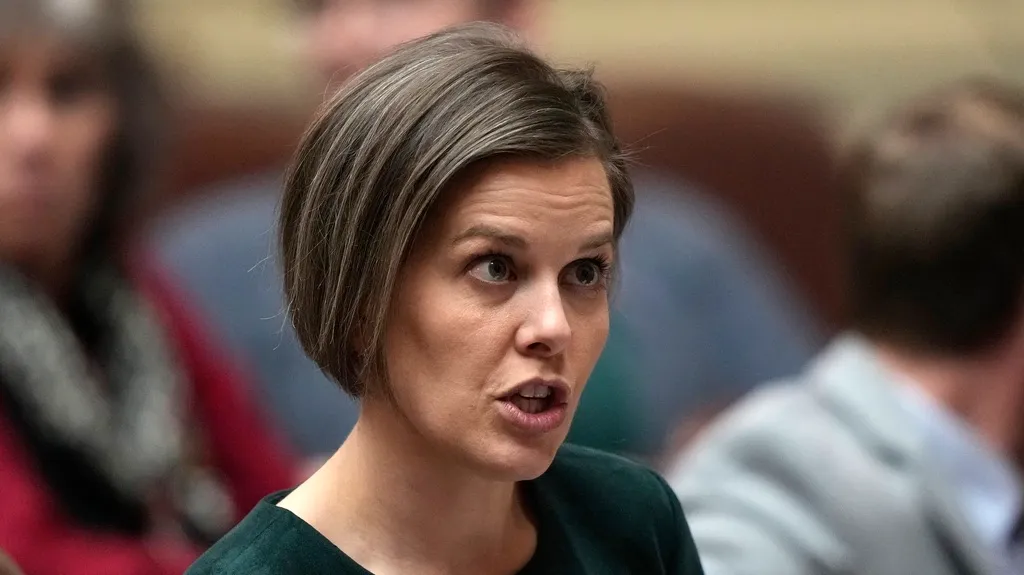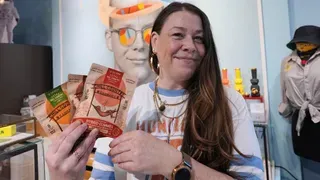May 15, 2012
Gay Life Opens Up in Oppressed Burma
Jason St. Amand READ TIME: 2 MIN.
Burma, formally known as Myanmar, has never been cited for its progress towards LGBT rights. The South Asian country (which is bordered by India, Bangladesh, China, Laos and Thailand) does not offer much to its gay citizens and has even outlawed same-sex sexual activity. But a recent article by the British newspaper the Guardian points out that acceptance for LGBT persons may be on the rise as gay clubs and media are emerging from Burma's shadows.
"When we cruise, we cruise with everyone else - gay or straight - because we don't have 100 percent gay venues here," Chitoo, 33, a gay Burmese living in Rangoon told the Guardian. "If we did, the government would arrest us. But now Daw [Aung San] Suu [Kyi] is bringing human rights on to the table, and through her our voices will be louder than ever before."
Aung San Suu Kyi had been under house arrest by the junta that brutally ruled the nation for decades, but she won the world's respect, including a Nobel Peace Prize. Her recent release has re-activated a democracy movement that is slowly making progress.
Douglas Thompson, a gay activist who founded the gay travel company Purple Dragon, believes Burma's citizen's views on homosexuality will quickly change. Thompson has been operating tours to the conservative country for 15 years.
"If it's anything like India or China or Vietnam ... when things begin to open up, people meet and communicate," he said. "Gay is an idea that people bring with them. It's a lifestyle that is really for most people [in Burma] still completely alien."
The country's police can arrest gays under the 19th-century penal code 377, which says "intercourse against the order of nature" and can send an individual to prison for up to 10 years. Activists say that Burma's culture of repression is due to "an autocratic military junta that ruled the nation for nearly 50 years," the article says.
But Burma's LGBT community is beginning to make some progress as the country aired its first LGBT-targeted program called "Colours of the Rainbow TV" last year. The show airs once a month online and reports LGBT news, interviews and features content from Burma and other parts of the world. It is estimated that 3,000 regular viewers from Burma watch the show but "the audience is limited to those who can afford Internet access and have electricity." Only a quarter of the country's citizens are on the national power grid but there is also a print counterpart to the show -- a free quarterly magazine called "Colours Rainbow."
Although the LGBT community is making slow progress in Burma, Chitto says that traditional beliefs are the norm, especially among rural areas. Buddhist notions of reincarnation inform anti-gay prejudice.
"It's common for people to believe that a gay man had a bad relationship with a woman in a past life, so in this life he's punished by being 'turned' gay," Chitto told the British newspaper.




